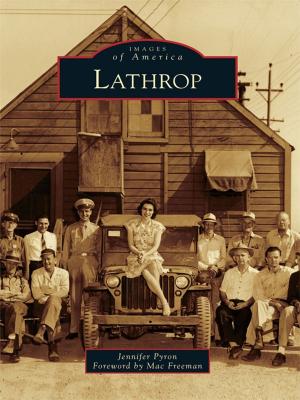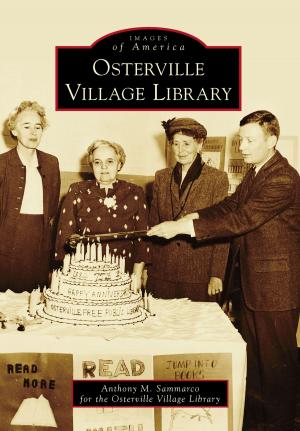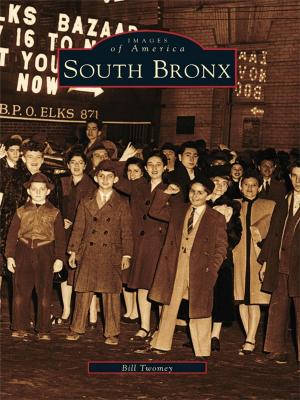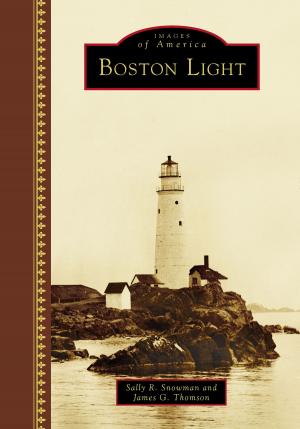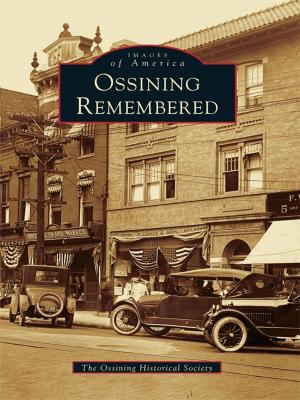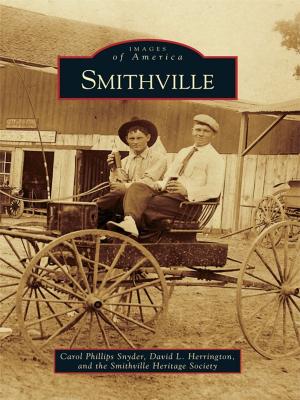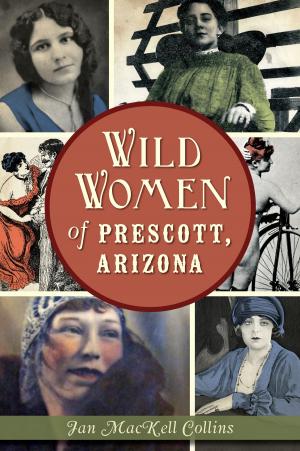| Author: | Patricia Ruth-Marsicano | ISBN: | 9781439648438 |
| Publisher: | Arcadia Publishing Inc. | Publication: | November 17, 2014 |
| Imprint: | Arcadia Publishing | Language: | English |
| Author: | Patricia Ruth-Marsicano |
| ISBN: | 9781439648438 |
| Publisher: | Arcadia Publishing Inc. |
| Publication: | November 17, 2014 |
| Imprint: | Arcadia Publishing |
| Language: | English |
When they left New York in 1836, brothers Henry and Samuel Phoenix intended to establish a temperance colony where inhabitants could live a life free from �demon alcohol.� They found the perfect location in the Wisconsin Territory and named it Delavan after temperance leader and abolitionist Edward C. Delavan. The Phoenixes purchased 400 acres of land to sell to friends and family back in New York. The population soon boomed thanks to people like themselves who embraced the belief in an alcohol- and slavery-free society. All deeds were written with covenants prohibiting alcohol, but in 1845 the covenants were deemed unconstitutional. Since then, Delavan has been home to abolitionists, circus performers, and artists. It has drawn tourists from around the Midwest to its ballrooms, resorts, steamers, and beautiful lake. From Delavan�s humble beginnings, the community has continued to grow to a population of more than 13,000, and today Delavan thrives on its industry, agriculture, and tourism.
When they left New York in 1836, brothers Henry and Samuel Phoenix intended to establish a temperance colony where inhabitants could live a life free from �demon alcohol.� They found the perfect location in the Wisconsin Territory and named it Delavan after temperance leader and abolitionist Edward C. Delavan. The Phoenixes purchased 400 acres of land to sell to friends and family back in New York. The population soon boomed thanks to people like themselves who embraced the belief in an alcohol- and slavery-free society. All deeds were written with covenants prohibiting alcohol, but in 1845 the covenants were deemed unconstitutional. Since then, Delavan has been home to abolitionists, circus performers, and artists. It has drawn tourists from around the Midwest to its ballrooms, resorts, steamers, and beautiful lake. From Delavan�s humble beginnings, the community has continued to grow to a population of more than 13,000, and today Delavan thrives on its industry, agriculture, and tourism.

